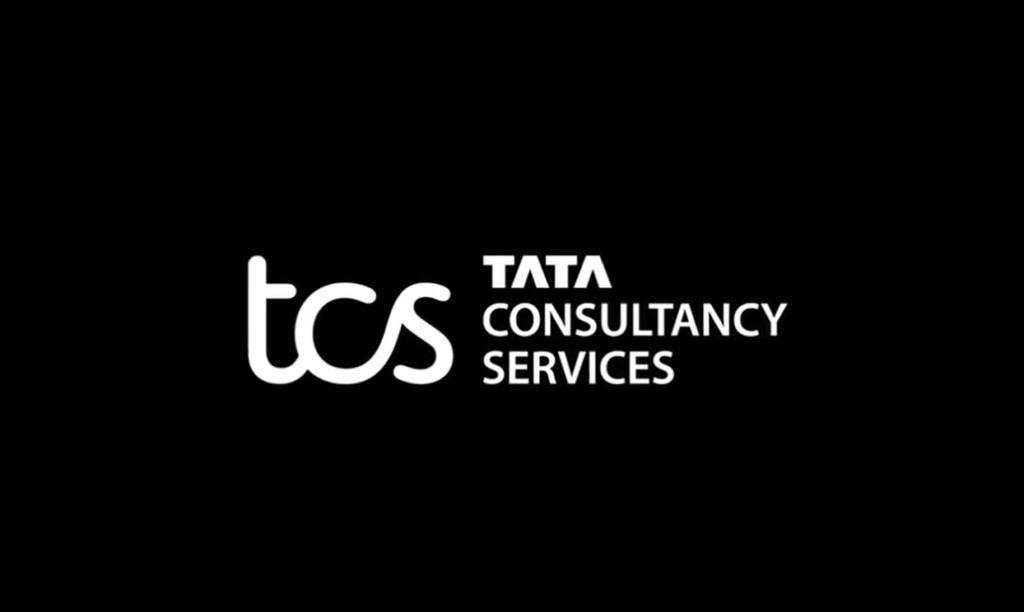
Tata Consultancy Services (TCS), India’s leading IT services company, has released its financial results for the third quarter of the fiscal year 2025. Despite industry challenges, the company showcased robust performance and maintained a positive outlook for the future. Let’s delve into the key takeaways from the earnings report and announcements.
Reduction in Deal Cycles and Optimism for Future Growth
TCS reported a significant shift in deal dynamics during Q3, with shorter deal cycles and a better mix of wins. “While deal wins were strong throughout 2024, some projects faced deferrals or slowdowns. However, in Q3, the improved deal mix and shorter cycles give us confidence in the revival of discretionary demand in CY25 and FY26,” said K K Krithivasan, Chief Executive Officer and Managing Director, during the post-earnings call.
Krithivasan attributed the optimism to several factors, including easing interest rates, softening inflation, and reduced political uncertainty in the United States following the presidential elections. These factors, he believes, will steer a revival in discretionary spending across industries.
TCS Q3 Highlights : Record Order Book of $10.2 Billion
TCS achieved its highest third-quarter order book in the past five fiscal years, with a Total Contract Value (TCV) of $10.2 billion for the period ending December 31, 2024. This marks a 25.93% increase from $8.1 billion in the same period last year and an 18.6% rise compared to the previous quarter.
Notably, this TCV does not include the mega-contract with BSNL. The growth was well-rounded, with contributions across industries, geographies, and service lines, providing long-term growth visibility. Krithivasan highlighted that technologies like Generative AI (Gen AI) and automation have become integral to most large deals, positioning TCS to benefit from increasing client demand for optimization and innovation.
Sector and Regional Growth
TCS witnessed growth across all verticals, with particular strength in North America and the Banking, Financial Services, and Insurance (BFSI) segments. The management pointed out that these developments indicate early signs of a revival in discretionary spending.
“Looking at the order book and ongoing client conversations, we expect discretionary spending to increase further. The inclusion of Gen AI components in large deals is particularly encouraging for future business growth,” Krithivasan added.
Financial Performance Highlights
TCS reported a net profit of ₹12,380 crore in Q3 FY25, a 11.96% growth compared to ₹11,058 crore in the same period last year. Revenue from operations rose by 5.60% year-on-year to ₹63,973 crore, showcasing consistent growth despite the seasonally weak quarter due to the holiday season in key markets.
TCS Q3 Highlights Dividends
In addition to its strong financial performance, TCS announced a third interim dividend of ₹10 per share and a special dividend of ₹66 per share. The dividends will be paid on February 3, 2025, to shareholders whose names appear on the company’s register or as beneficial owners in depositories as of the record date, January 17, 2025.
TCS has a strong history of rewarding shareholders. In 2024, the company paid dividends on five occasions, totaling ₹75 per share. This follows dividends of ₹117 per share in 2023 and ₹45 per share in 2022, reflecting the company’s commitment to creating value for its investors.
Looking Ahead
With a solid order book, increasing adoption of advanced technologies like Gen AI, and a positive economic outlook, TCS is well-positioned for continued growth. The company’s performance in Q3 and its strategic focus on innovation and optimization underscore its resilience and adaptability in a dynamic market environment.
As discretionary demand shows signs of revival and key markets stabilize, TCS’ leadership remains optimistic about delivering sustained growth in the coming years.

